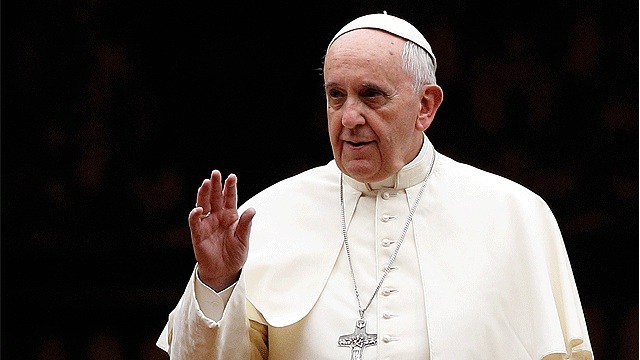The Vatican has used a diplomatic channel to protest some aspects of a draft Italian hate-crime bill.
The so-called “Zan bill” is meant to combat intolerance of homosexuality and transgenderism, but the Holy See has argued that the generic wording of the bill would violate the guarantee of religious freedom by essentially outlawing Church teaching on marriage and sexuality.
In an interview this week, Italian Cardinal Pietro Parolin, the Vatican’s Secretary of State, stressed that in no way had they asked for the law to be blocked.
“We are against any attitude or gesture of intolerance of hatred towards people because of their sexual orientation, as well as their ethnicity or their beliefs,” he said, insisting that for the Vatican, the issue involves “problems that could arise if a test with vague and uncertain contents were adopted”.
Specifically, he said that without a proper definition, the concept of discrimination in the bill risks “making any possible distinction between man and woman punishable, with consequences that can prove to be paradoxical,” adding that, “the need for definition is particularly important because the legislation moves in an area of criminal relevance where, as is well noted, what is allowed and what is forbidden must be well determined”.
Italian jurist and professor Carlo Cardia, a former member of the joint commission tasked with revising the Holy See’s concordat with Italy, said he believes the bill as currently written is “unconstitutional,” and that freedom of expression is at stake.

















